
The United Arab Emirates (UAE) has recently made it much harder for Nepali citizens to get visit visas to Dubai and other emirates. Starting September 15, 2025, the UAE temporarily suspended issuing visit visas for Nepalis amid concerns about misuse of visas, political unrest in Nepal, and security issues. Although the Nepali Embassy in the UAE has not received any official notice, UAE authorities have confirmed this decision informally.
The move was motivated by investigations into the vandalism, arson, and looting during the September 9 protests in Nepal, as well as a prison break from Jhumka Prison. Another key concern is the long-standing issue of human trafficking, where some brokers use visit visas to illegally send Nepali women to Gulf countries like Kuwait, Oman, and Bahrain for domestic work.
Before this suspension, Dubai had already stopped accepting most visit visa applications from Nepali nationals, forcing many travelers to apply through Sharjah. However, Sharjah's visa approvals for Nepalis have also been suspended, effectively blocking most tourist visit visas. The requirement of stricter documentation and tighter immigration rules in 2025 has further complicated the visa process.
Travel agencies in Nepal report that many applicants face sudden visa rejections without clear reasons, causing frustration and financial losses.
The UAE hosts about 800,000 Nepali workers, many of whom initially traveled on visit visas before securing work permits. These new visa restrictions disrupt a common migration route for many Nepalis seeking employment in the UAE or other Gulf countries. In addition, travel plans are complicated by recent flight cancellations and disruptions caused by political unrest and airport closures in Kathmandu.
Officials and travel agents in Nepal advise travelers to exercise caution and keep updated with official information. For those still eligible, a UAE visit visa typically allows a stay of up to 30 days, and processing generally takes about 20 business days. Valid visa applications require complete documents such as flight bookings, passport, accommodation proof, and sometimes a letter of invitation or proof of business activity.
In summary, the UAE’s new visa restrictions have made it very difficult for Nepali nationals to obtain visit visas, affecting tourism and short-term visits severely. These measures are driven by security and immigration concerns, political factors, and efforts to crack down on illegal activities such as human trafficking. Nepali travelers now face uncertainty and delays, and many are forced to reconsider their travel and work plans related to the UAE.



.jpg)
.jpg)
.jpg)
.jpg)

.jpg)
.jpg)



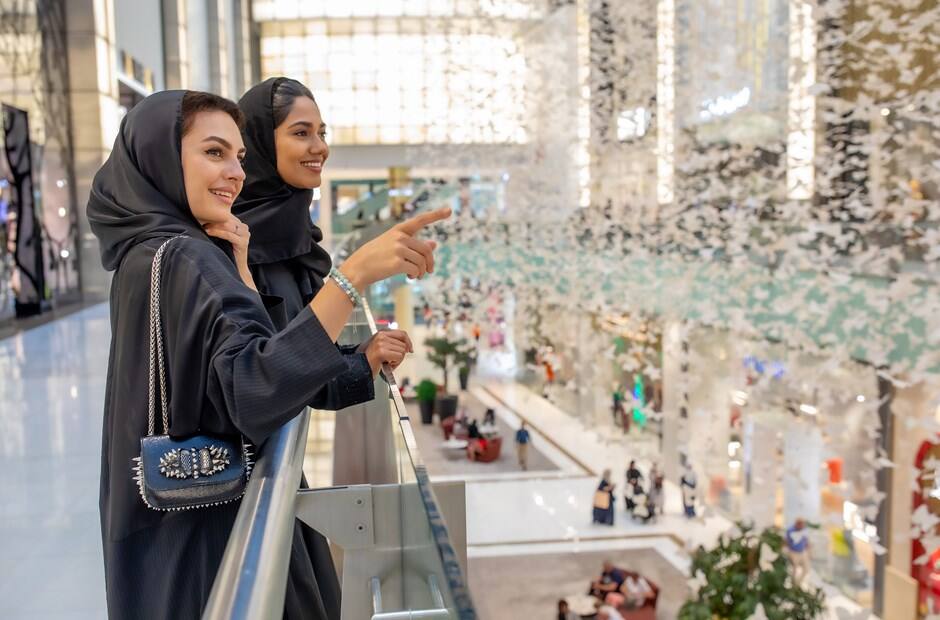


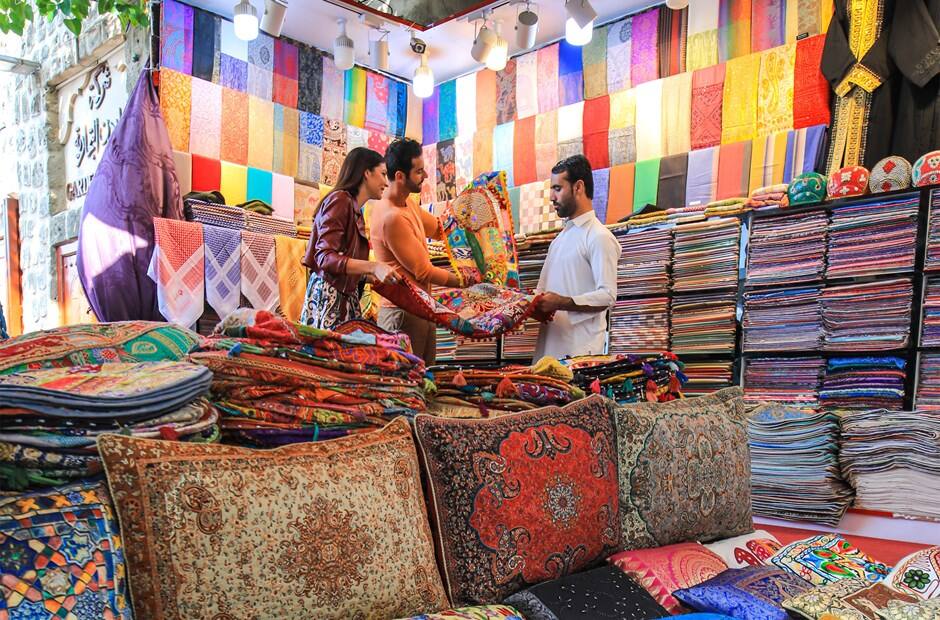

.jpg)


.jpg)
.jpg)
.jpg)


.jpg)
.jpg)
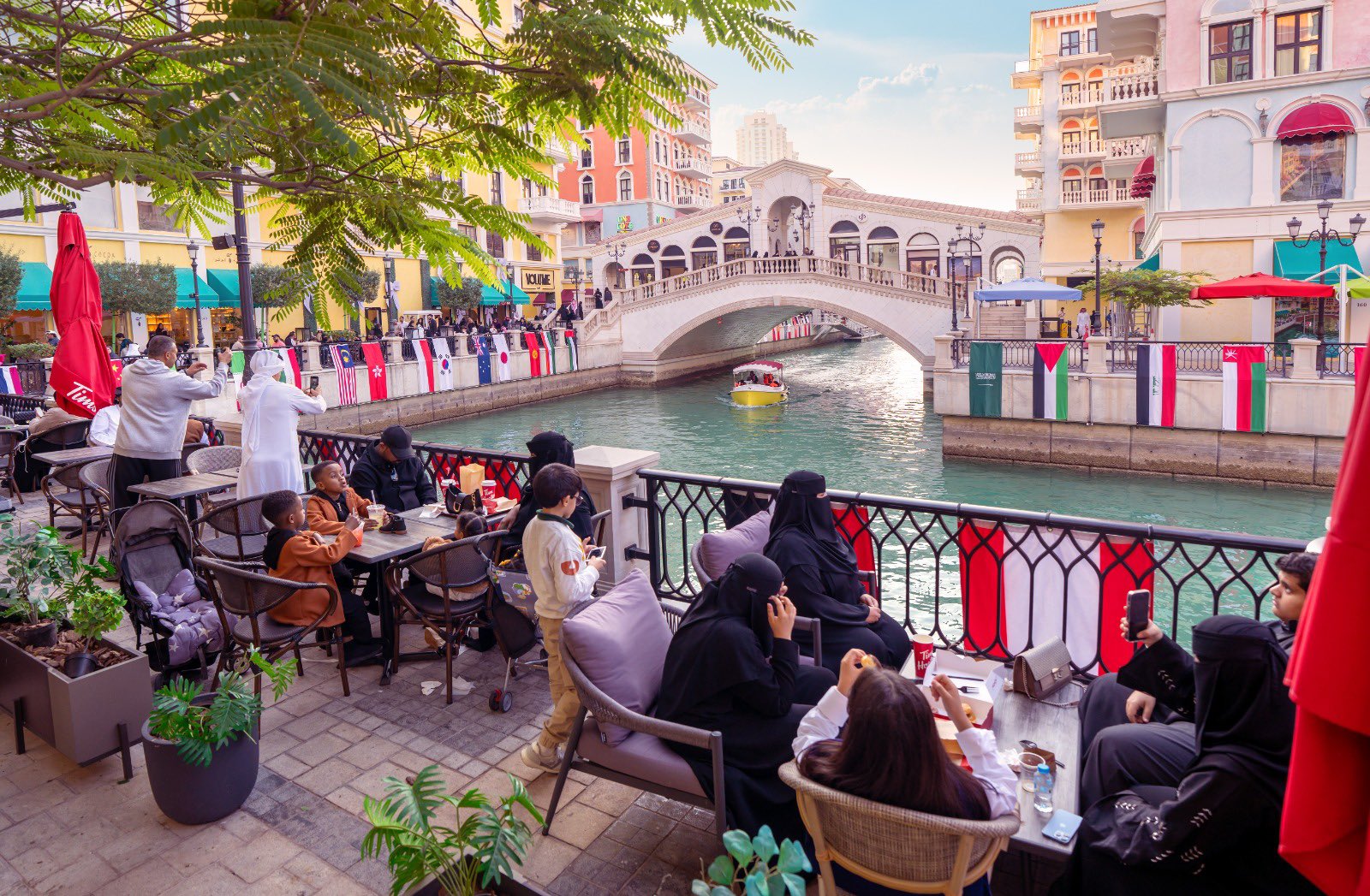
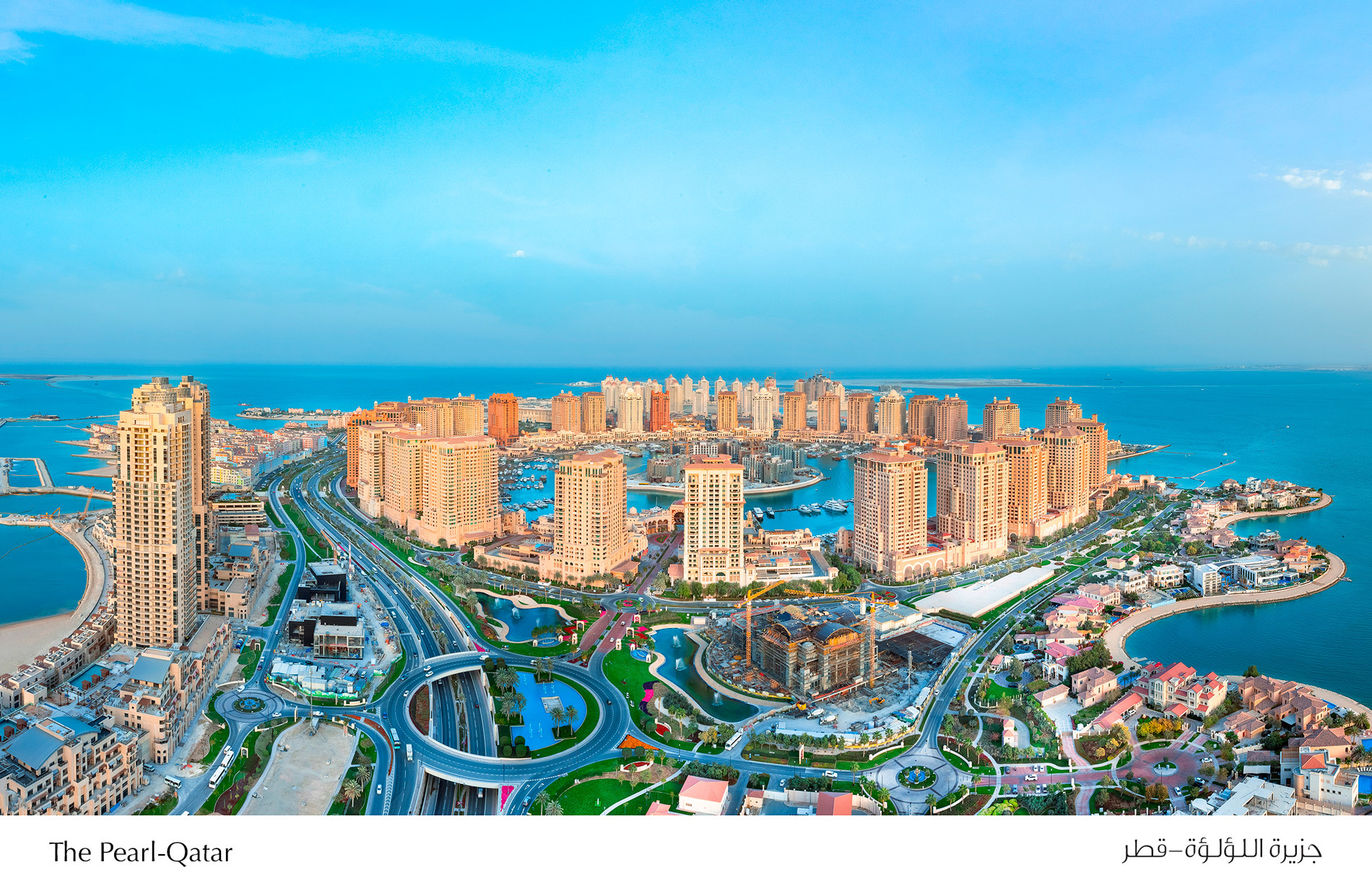
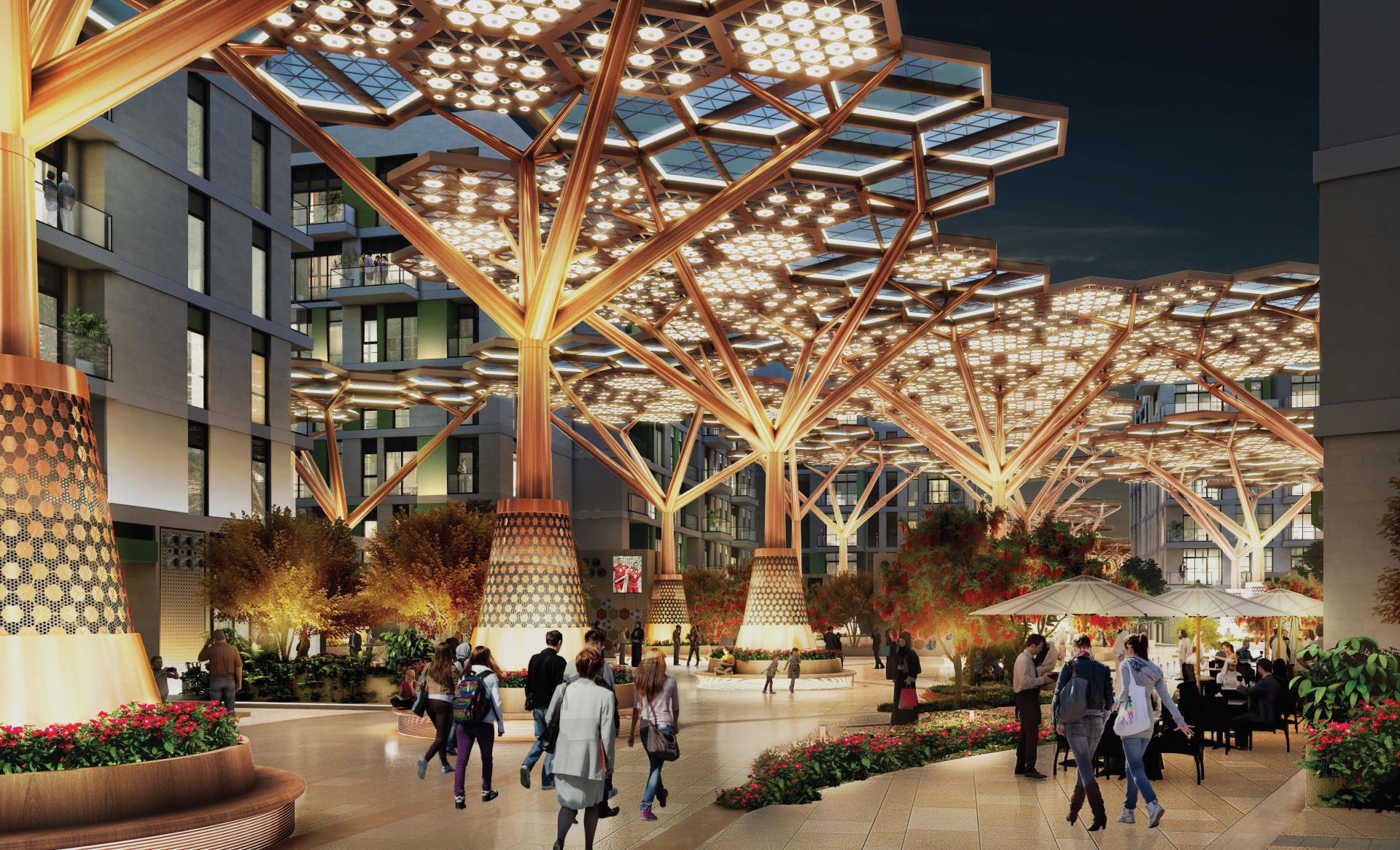

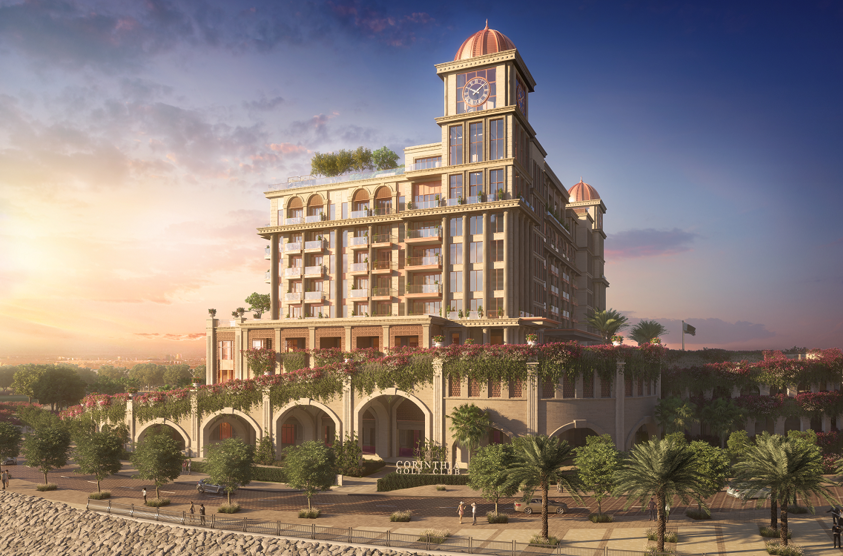
.jpg)


.jpg)





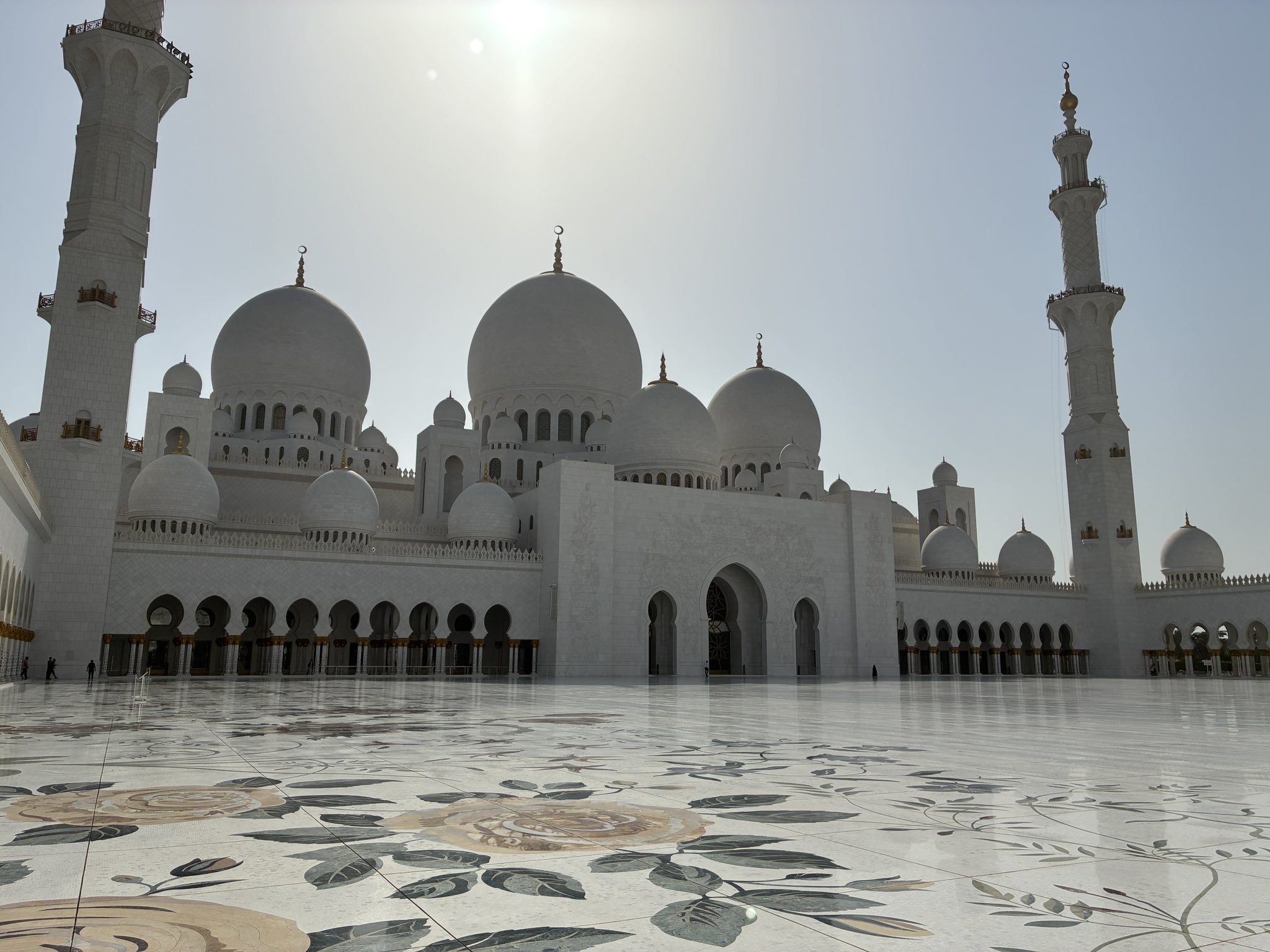
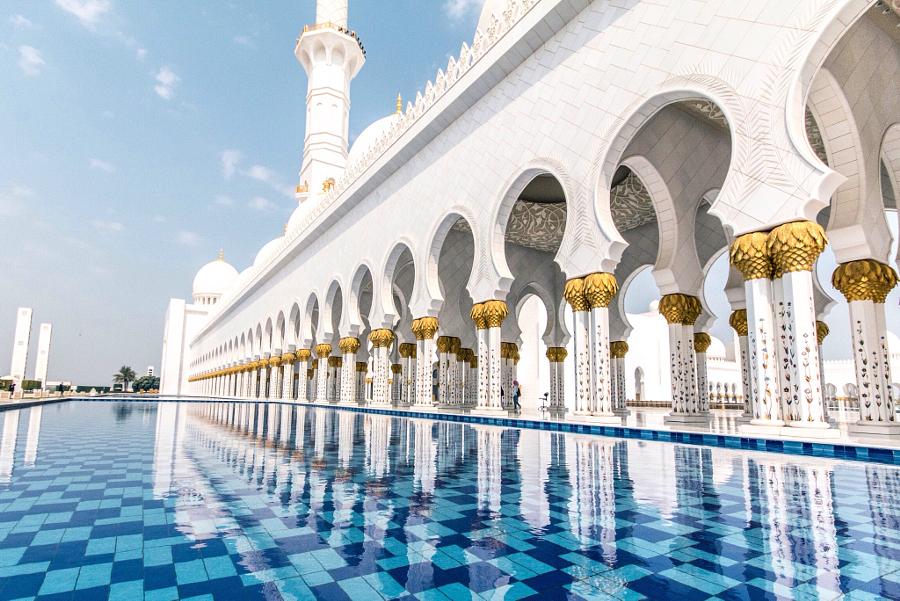
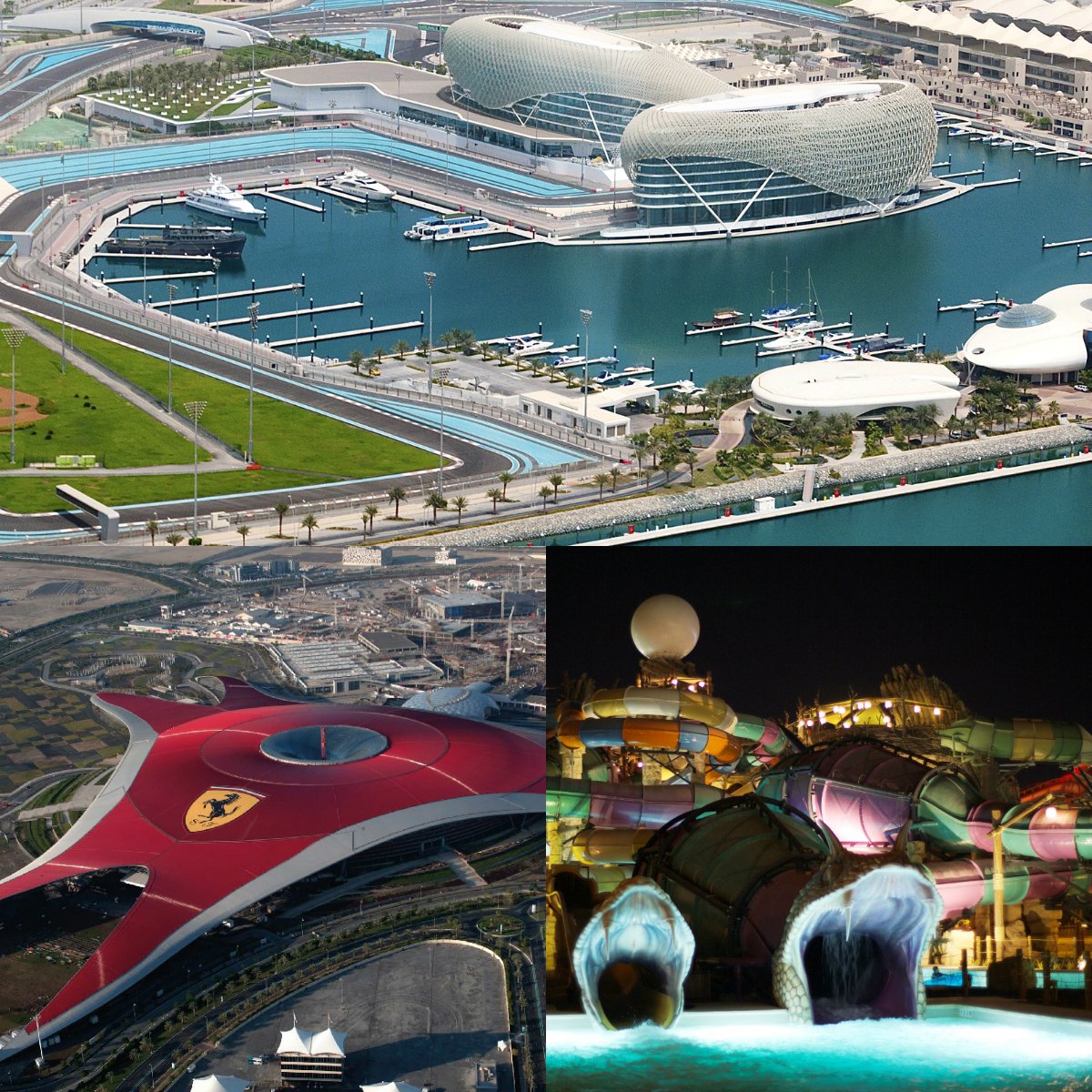
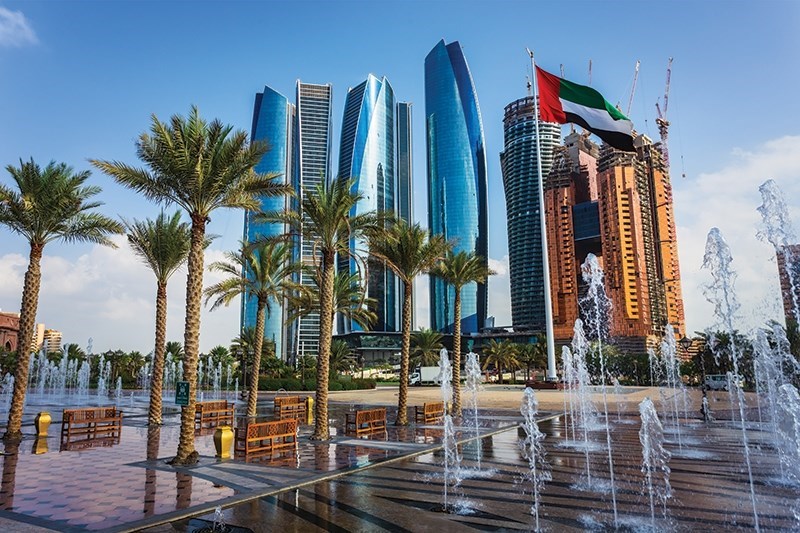
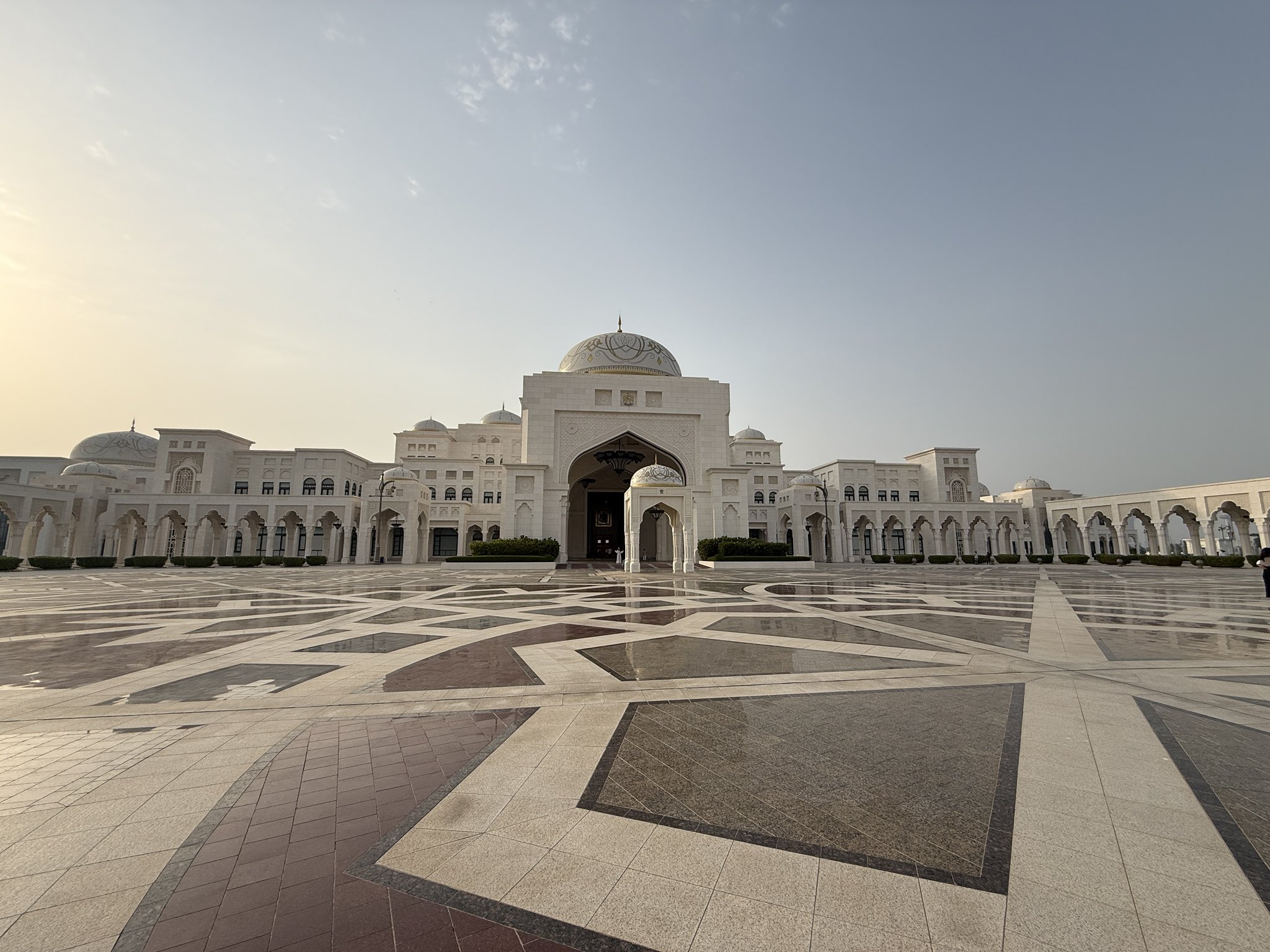
.jpg)
.jpg)
.jpg)
 (1).jpg)
 (1).jpg)
.jpg)
.jpg)

.jpg)
.jpg)


.jpg)


.jpg)


.jpg)

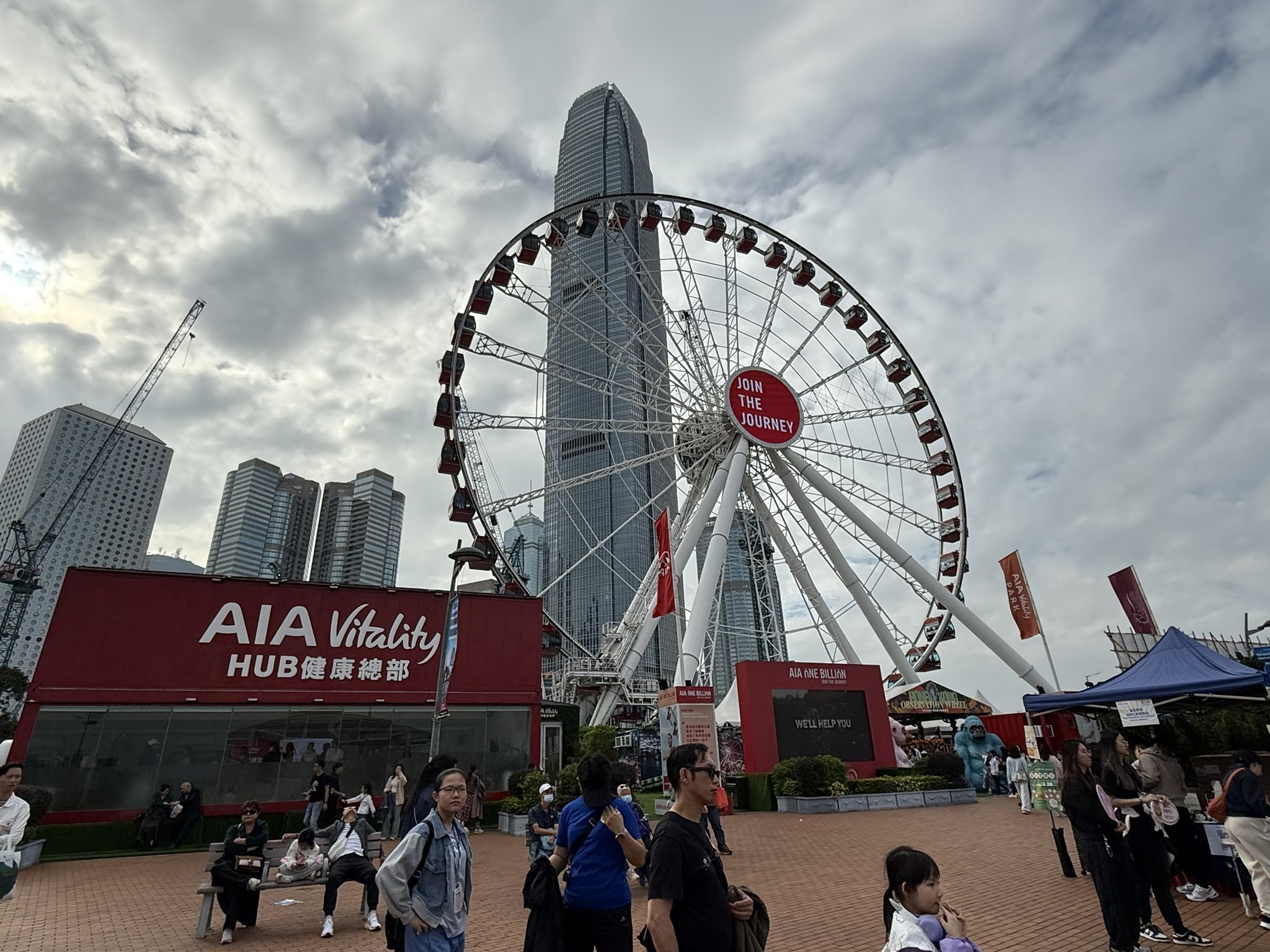


.jpg)

.jpg)



